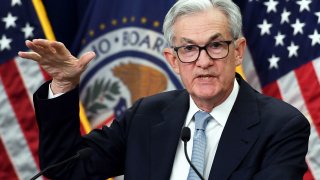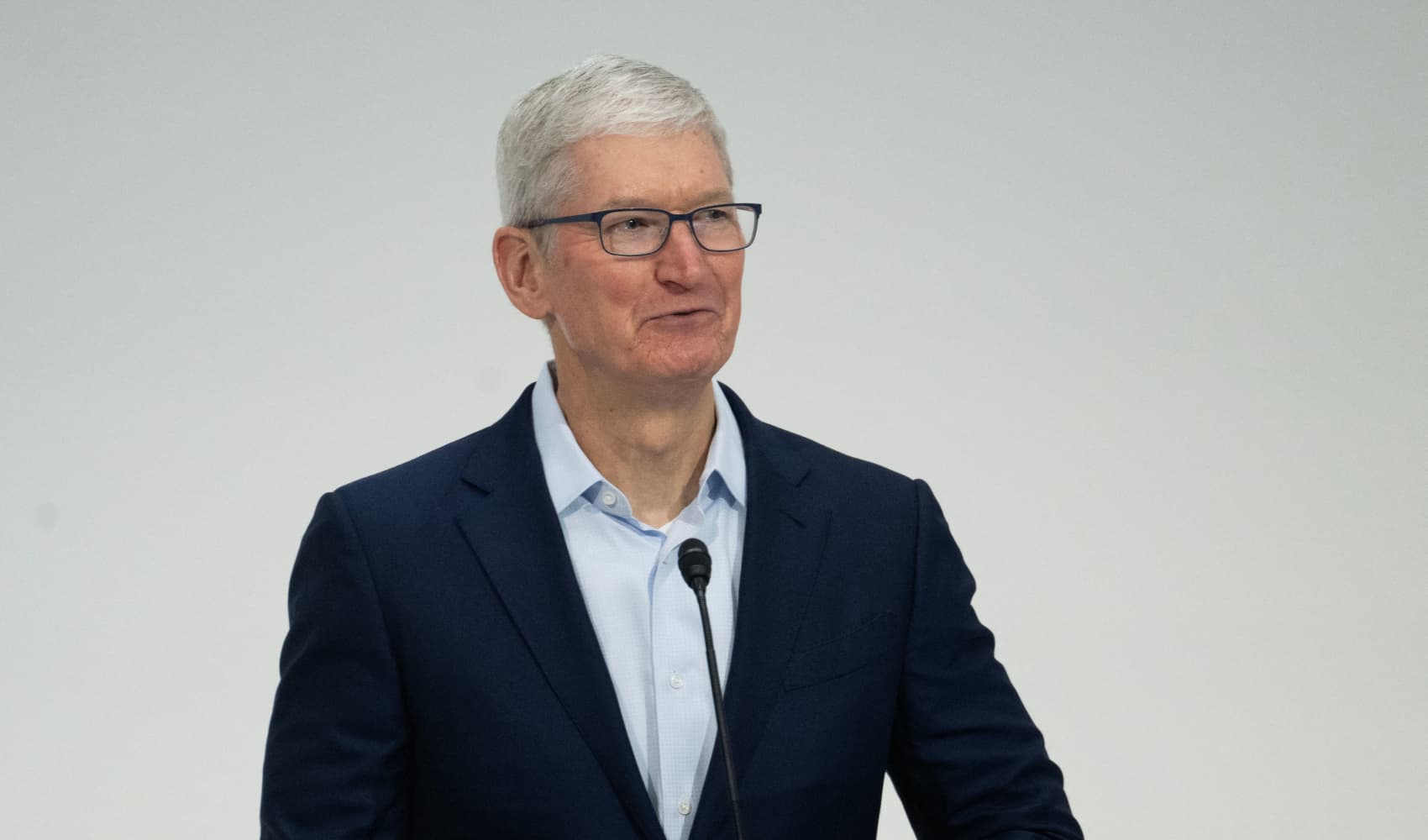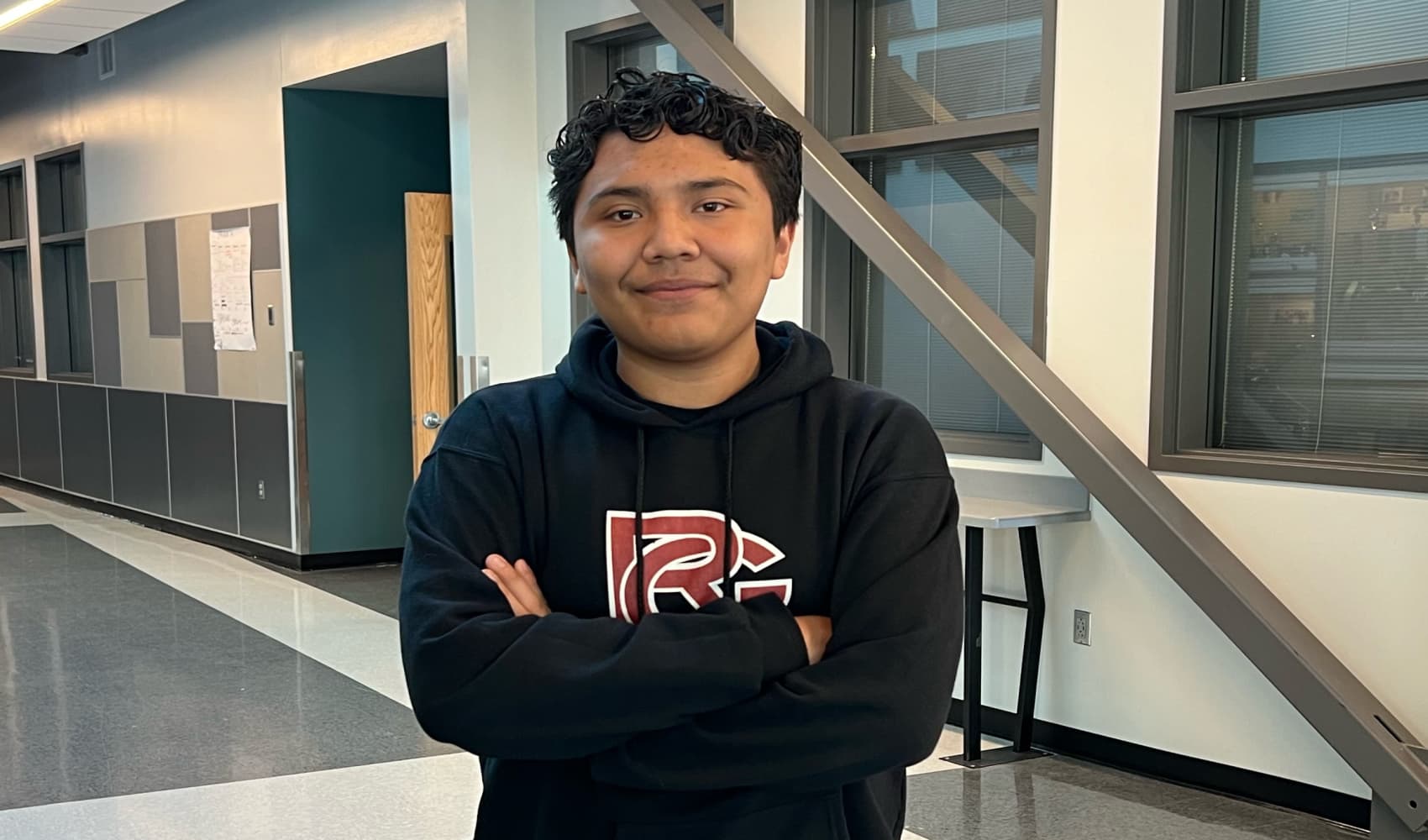
- "Financial conditions seem to have tightened, and probably by more than the traditional indexes say," Powell said.
- The Fed hiked its benchmark interest rate by a quarter of a percentage point on Wednesday, but its projections called for just one more hike over the rest of the year.
- The central bank chief said that tighter financial conditions caused by more stringent lending decisions from banks could have a similar impact as further hikes from the Fed.
Federal Reserve Chair Jerome Powell said Wednesday that the U.S. banking sector is strong but that the recent failure of some regional banks could cause ripple effects that slow down the economy.
At a press conference after the latest Federal Open Markets Committee meeting, Powell described the banking system as "sound and resilient" but said the central bank was monitoring a change in the availability of credit for consumers and businesses.
"Financial conditions seem to have tightened, and probably by more than the traditional indexes say. ... The question for us though is how significant will that be — what will be the extent of it, and what will be the duration of it," Powell said.
Get Tri-state area news and weather forecasts to your inbox. Sign up for NBC New York newsletters.
"We'll be looking to see how serious is this and does it look like it's going to be sustained. And if it is, it could easily have a significant macroeconomic effect, and we would factor that into our policy decisions," he added.
The Fed hiked its benchmark interest rate by a quarter of a percentage point on Wednesday, but its projections called for just one more hike over the rest of the year. The central bank chief said that tighter financial conditions caused by more stringent lending decisions from banks could have a similar impact as further hikes from the Fed.
Powell's comments come after regional banks have come under significant pressure this month. Silicon Valley Bank collapsed, making it the second largest failure in U.S. history, in part because the rapid rise in interest rates devalued its bond portfolio and created large paper losses for the bank.
Money Report
SVB's management "failed badly" in managing its interest rate risks, while other banks have managed to handle the hikes, Powell said.
Other banks including First Republic and PacWest have seen significant outflows of deposits. The Fed set up a new Bank Term Funding Program to help banks access cash, but the stocks for regional banks have fallen in volatile trading since the facility was created on March 12.
Powell said that deposit flows have stabilized over the past week and that Americans should feel confident that their money is safe, though he stopped short of explicitly saying that all deposits are now guaranteed.
"What I'm saying is you've seen that we have the tools to protect depositors when there is a threat of serious harm to the economy or to the financial system, and we're prepared to use those tools. I think depositors should assume that their deposits are safe," he said.
The collapse of Silicon Valley Bank has led to more scrutiny on the Federal Reserve's supervisory role over banks, especially from Sen. Elizabeth Warren (D-MA).
The Fed is conducting an internal review of potential regulatory issues around SVB, led by Vice Chair for Supervision Michael Barr, and Powell said he expects investigations from outside the central bank as well.






